The world population flows to the cities, and the trend only seems to continue. The rapidly increasing population density puts cities under tremendous pressure across the world.
The ‘smart cities’ concept is thus hot at the moment. And a solution to urban challenges is that they become ‘smart’, i.e. exploit the possibilities offered by the digital age in the form of data collection from, for example, sensors and mobile phones to develop intelligent—and green—solutions to a number of metropolitan challenges.
Many Danish cities have come a long way in terms of ‘smart’ solutions that can help shape future cities: intelligent and flexible energy systems, where citizens and their homes are active players; ‘smart’ street lighting which can do much more than just illuminate the city; and intelligent traffic control which may help to alleviate congestion and traffic jams.
Below are links to the articles in the Smart cities’ theme, published in DTU’s magazine, Dynamo no. 44.
The cities can become fossil-free, if they think ‘smart’
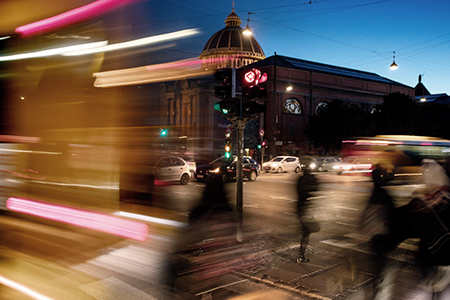
Photo: Mikal Schlosser
Cities are major energy consumers and thus also CO2 emitters. However, it is precisely the many different urban infrastructures and energy units that may be the key to the development of a fossil fuel-free society, says DTU professor Henrik Madsen from DTU Compute. Professor Madsen heads the research project CITIES: Center for IT-Intelligent Energy Systems in Cities.
Read the article...
Light on tomorrow's city
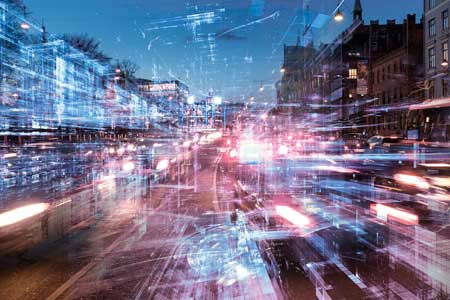
Photo: Mikal Schlosser
In mid-December 2015, the conclusion of the UN's International Year of Light 2015 was marked with a conference in the Black Diamond (the Royal Library) in Copenhagen. Here, it was established that the importance of light goes far beyond the International Year of Light. We are facing a veritable revolution which will fundamentally change how we use electric light. The Lighting Metropolis project is an example of how the many new opportunities are to be explored and demonstrated.
Read the article…
On the way to intelligent traffic control
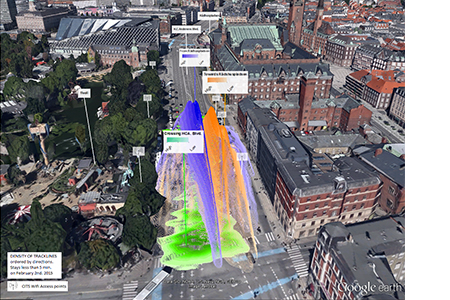
Illustration: Jacob Senstius
An important step towards a more efficient running of urban traffic is knowing how many cyclists, pedestrians, and drivers are at which places, when they are there, and how quickly they move. Researchers have now examined whether it is possible, via the road users’ smartphones, to count and identify them.
Read the article...
Green wave on super cycle paths
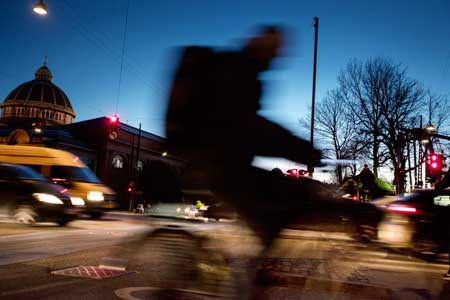
Photo: Mikal Schlosser
The City of Copenhagen, Google, and DTU are collaborating on finding out whether data collection from mobile phones can be used specifically to improve mobility for the city’s cyclists.
Read the article...
Laboratory for smart energy
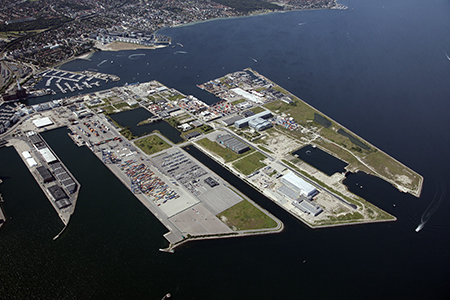
Photo: Ole Malling, By & Havn
In Copenhagen’s new Nordhavn district, researchers, authorities, utility companies, and industry are demonstrating in practice how to make the future energy supply and consumption ‘smart’.
Read the article...
Whole municipality becomes a ‘living lab’
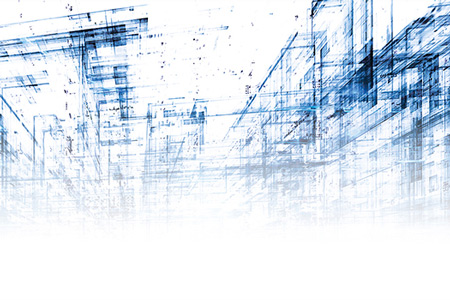
Photo: Mikal Schlosser
The Municipality of Lyngby-Taarbæk, DTU, and a number of companies will make Lyngby a living laboratory for the benefit of its citizens, educational institutions, and business community.
Read the article...
Software saves millions on urban heating
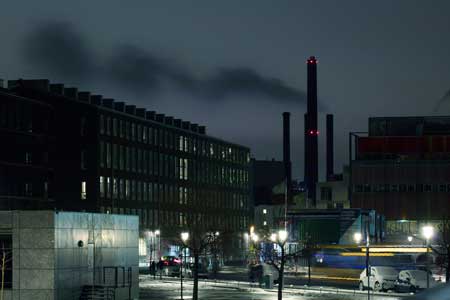
Photo: Mikal Schlosser
For the sake of safety, district heating water was previously heated more than adequately. Using software developed at DTU, the temperature in the network is lowered 3-10°C without leaving consumers freezing.
Read the article...
Clean water on green power
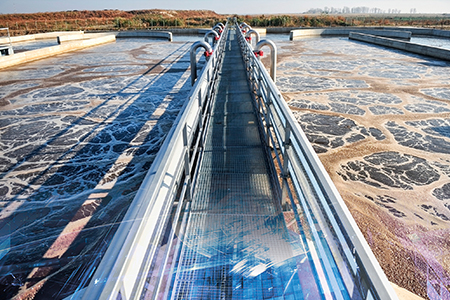
Photo: Panthermedia
Ingenious software enables operators to move the most energy-consuming processes of the wastewater system to times of the day with plenty of cheap renewable energy. In this way, the plants help to stabilize the energy system
Read the article...